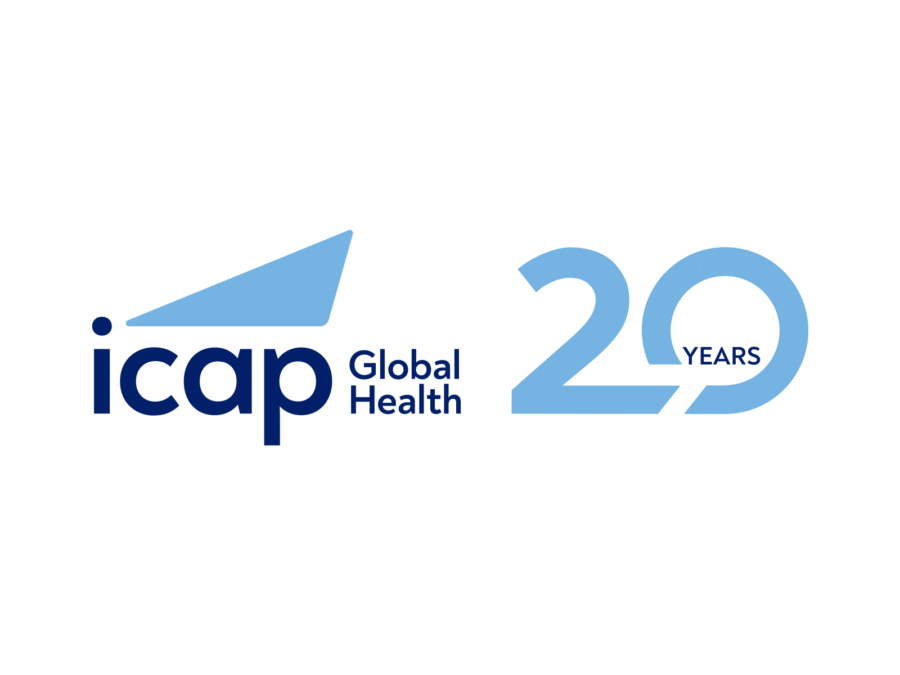Central Asia and Eastern Europe experienced an estimated 57 percent annual increase in new HIV infections between 2010 and 2015. Injection drug use is a driving force behind the region’s HIV epidemic, with approximately 50 percent of all registered HIV cases occurring among people who inject drugs (PWID). PWID face a range of barriers to accessing and staying in HIV care, including stigma and discrimination, a lack of family support, and health care-related costs.
To provide more effective care to this hard-to-reach population, ICAP is partnering with the ministries of health in Kazakhstan, Kyrgyzstan, and Tajikistan to implement an innovative Home Visiting Nurse (HVN) Program. The program uses a home-based care model to train and mentor home visiting nurses who extend clinical services into the community, targeting PWID and other patients not able or willing to attend appointments at the nearest HIV clinic.
The program, which began in 2015, is now being implemented at all 28 health facilities ICAP supports in Kazakhstan, Kyrgyzstan, and Tajikistan. Fifty-six HVN have been trained in comprehensive HIV management and education, and have to date conducted over 15,000 home visits. During home visits nurses conduct monitoring of adherence to ART, remind patients about their scheduled clinical visits, provide information on nutrition, side effects, and HIV prevention methods, and refer patients to the methadone therapy programs.
Key features making the program a success include using data from the electronic HIV case management system to identify patients most at risk of falling out of care; training HVN to take a holistic view of clients’ adherence barriers and to use home visits as an opportunity to understand clients’ living situations (and adjust their care accordingly); and the routine identification of treatment supporters who help clients follow their care and treatment plan. To help health facility managers oversee the day-to-day management of home visiting nurses, ICAP also supported the development and implementation of quality improvement tools that facilitate determining which patients nurses should visit and which tasks they should prioritize based on problem areas that have been identified.
As a result of the program, there have been increases in the number of PWID enrolled in care, the number on antiretroviral therapy (ART), and the number that have achieved viral suppression. Specifically, from 2015 to early 2017, the number of PWID enrolled in care at the 20 ICAP-supported health facilities across Kazakhstan, Kyrgyzstan, and Tajikistan increased from 1,997 to 3,250; the number on ART increased from 1,114 to 2,406; and the number who had achieved viral suppression increased from 471 to 1,173. ART retention among PWID increased from 66 percent to 78 percent in Kazakhstan, from 74 percent to 76 percent in Kyrgyzstan, and from 46 percent to 72 percent in Tajikistan.
Due to these successes, ICAP is now working with the ministries of health in Kazakhstan, Kyrgyzstan, and Tajikistan to scale up the program, with the goal that all facilities providing HIV care and treatment across the three countries will have at least one HVN working with patients at the community level. ICAP is also planning a patient experience, satisfaction, and outcome evaluation to continue to improve the program throughout the Central Asian region.
“We have seen how having nurses visit hard-to-reach clients in their homes can improve their retention in care and adherence to treatment,” says Anna Deryabina, ICAP’s country director in Central Asia. “We welcome the opportunity to help scale up this program so that even more clients can benefit.”








